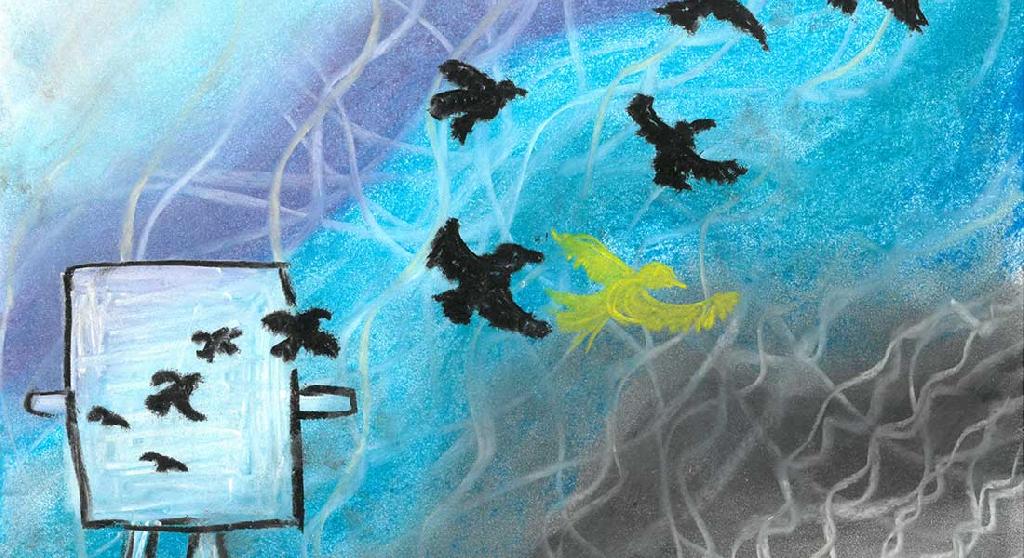A Brighter Outlook on Depression
What is major depression?
Major depressive disorder, also called major depression or unipolar depression, is a serious mood disorder with severe symptoms that can interfere with a person’s ability to handle daily activities, relationships, and work or school responsibilities. Major depression affects about 6.7 percent of U.S. adults in a given year.
To be diagnosed with major depression, you have to feel sad or experience anhedonia, a loss of interest or pleasure in activities and hobbies, for at least two weeks. Many people with depression also experience problems with concentration, low energy, changes in appetite or sleep patterns, irritability, or feelings of guilt or worthlessness.
More than 50 percent of all people who die by suicide have major depression. It is imperative that we as a community offer effective treatment for major depression not only to reduce pain and disability but also to prevent suicide and save lives.
How We Treat Depression
In 2016, nearly 60 percent of Skyland Trail patients admitted with a primary diagnosis of major depression. Several elements of our evidence-based treatment program collectively help clients with depression improve their mood and get better.
Medication Management: Effective medication management is an important tool to reduce the symptoms of major depression. While there is no one recipe for success, our six staff psychiatrists are all skilled at developing an effective medication strategy for each client, one that improves mood, concentration and energy, while minimizing side effects.
Expert Therapists: Skyland Trail therapists receive ongoing training in evidence-based therapeutic modalities for depression, including cognitive behavioral therapy (CBT). Clients are matched with a specialized primary counselor and peer group based on their depression diagnosis, and they receive skills-based therapy targeted to address their symptoms.

Helping clients replace what we call “automatic negative thoughts” with healthy thoughts changes the feedback loop and contributes to an improved mood.
Future Focused: Our clients are not asked to go back in time to analyze the historical antecedents that led to their depression. Reiterating what happened in childhood and all the bad things that have happened to you perpetuates the idea that you should feel sad about your life. While we acknowledge the role or your past on your current illness, we focus treatment on the present, specifically on recalibrating thinking. We empower clients to reframe their thinking, so that when difficult situations arise, they can choose to think in a way that counteracts feelings of sadness, worthlessness or hopelessness. Helping clients replace what we call “automatic negative thoughts” with healthy thoughts changes the feedback loop and contributes to an improved mood.
Behavioral Activation: When you’re depressed and don’t feel like doing anything, that’s exactly the time to be active. That means exercise. That means socialization. That means not allowing yourself to go back to bed and isolate for the rest of the day. Our treatment team employs behavioral activation to help clients understand – and feel – the link between behavior and mood. Our experts help clients adopt strategies to use exercise, socialization, and hobbies like art, music, and gardening as tools to stay healthy.

Our experts help clients adopt strategies to use exercise, socialization, and hobbies like art, music, and gardening as tools to stay healthy.
Our Healing Community: When you’re depressed, your world tends to shrink. You spend an inordinate amount of time looking internally and thinking about yourself. That can be a recipe for continued depression. Being part of a community, thinking about and helping others, and receiving recognition for your contributions to the community is a really important part of reaching remission from depression.
Together, these changes help clients make lasting changes in how they think and interact with the world. After completing our treatment program, clients are more able to function in their daily lives and have improved feelings of hope. They get better.
